What is Gene Therapy?
What is Gene Therapy?
Gene Therapy is developing a treatment in which the drug is composed of genetic information in the format of DNA, RNA, or chemically modified DNA/RNA.

The goal of gene therapy is to induce a change at a genetic level to either affect the root cause of a disease or lead to a durable treatment.
For example, genetic diseases often have single, faulty gene that once corrected can ameliorate the disease.
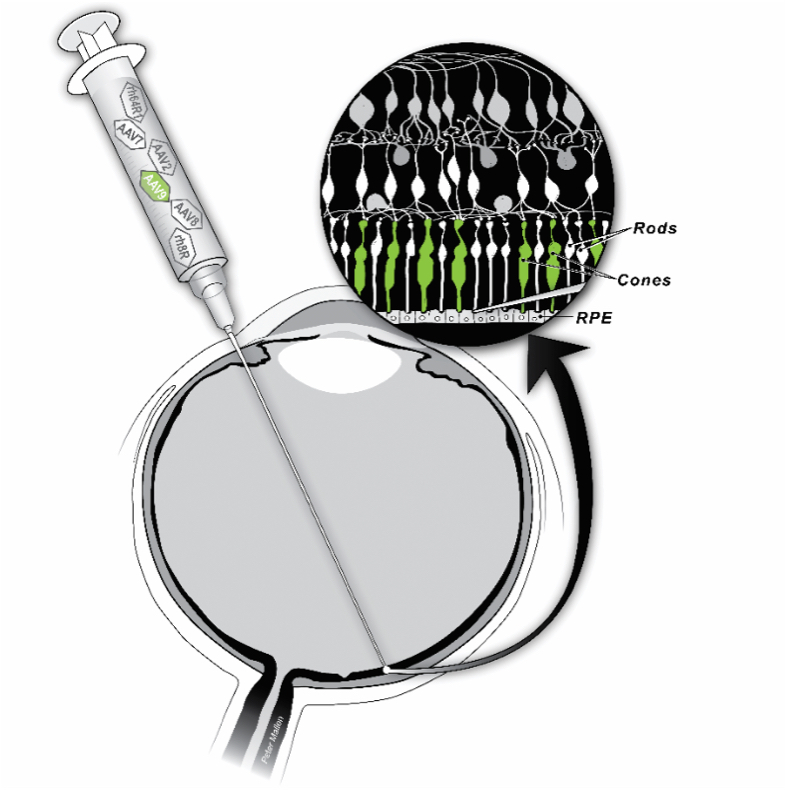
A primary challenge for gene therapy is the delivery of the genetic information to the appropriate location in the cell for it be active.
To protect the genetic drug from the outside environment and to provide it the ZIP code that deposits to the right place, a vector or protective shell is needed.
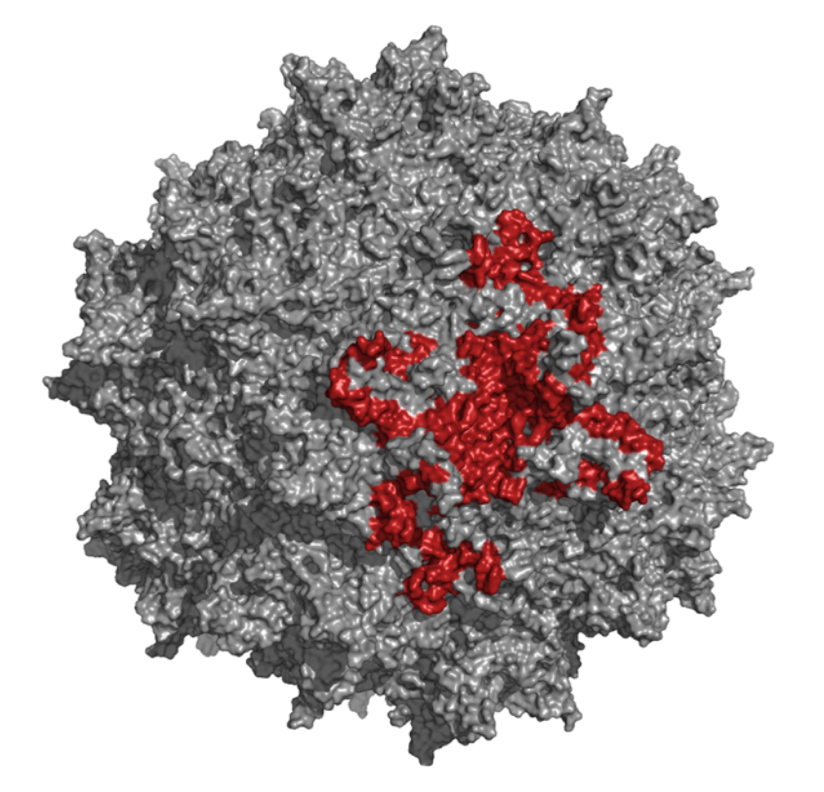
Designing and developing safe and efficacious vectors is challenging.
One approach that has been most successful to date is to neuter viruses into viral vectors. Viruses evolved to transfer and take over a host cell with their genetic information. A viral vector is designed to be replication-defective and only to use viral machinery to perform gene delivery.
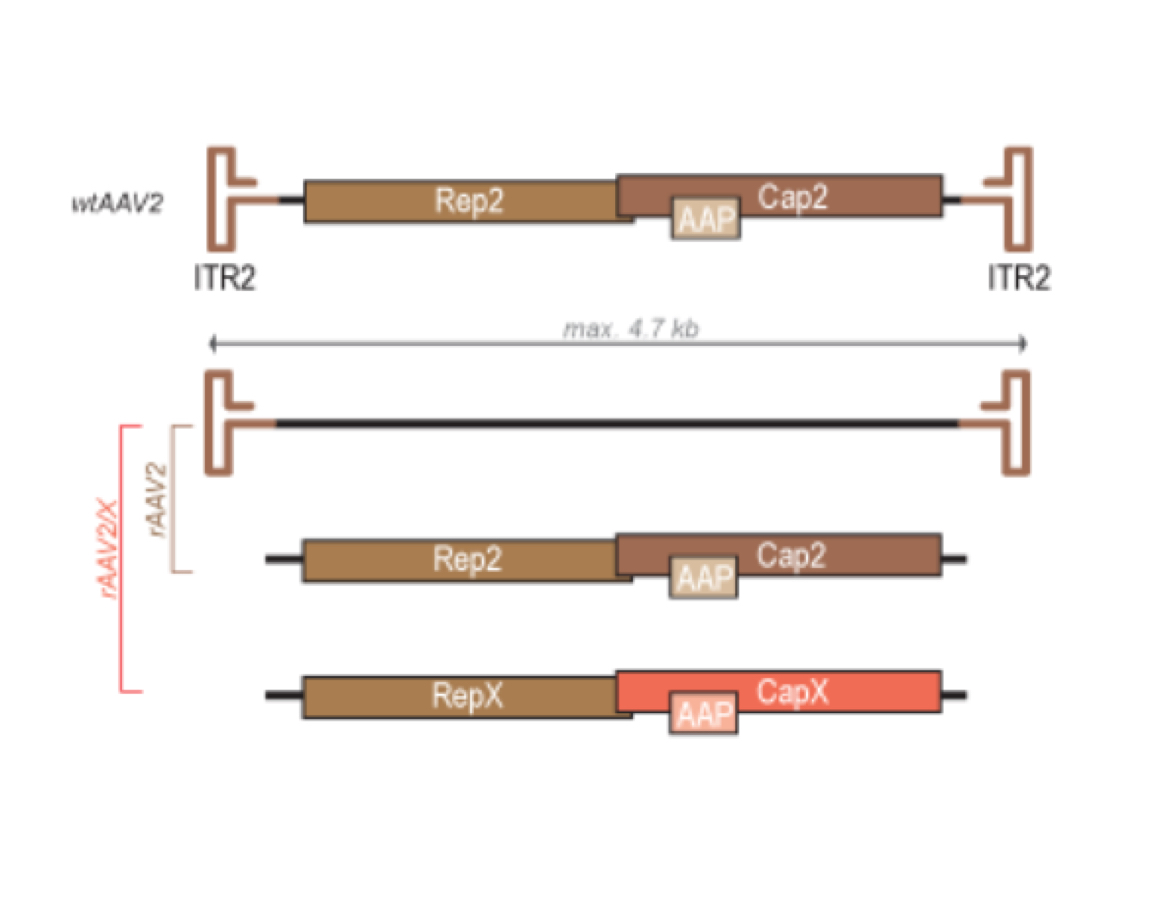
One such viral vector is called AAV.
It is one of the smallest mammalian viruses that has been found safe in hundreds of human clinical trials. It comes in multiple flavors, called serotypes or variants, each of which target cells differently and have different properties.
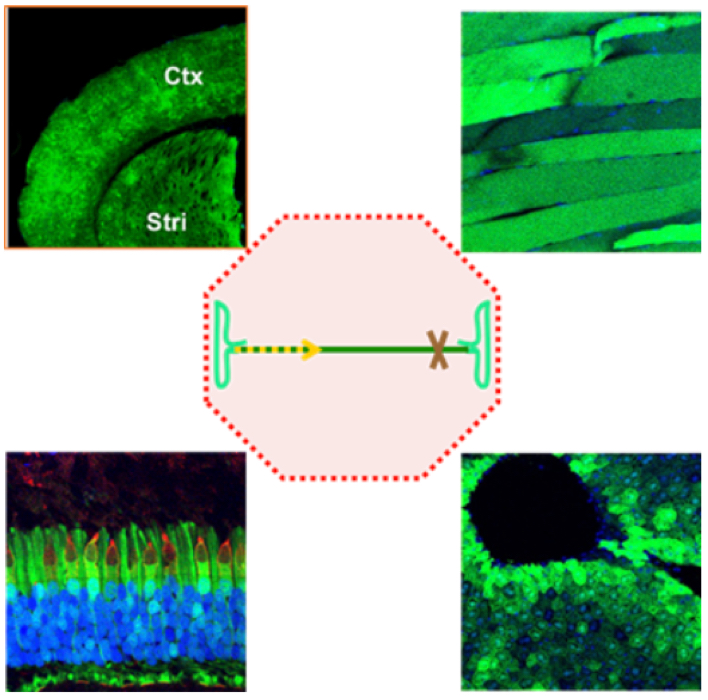
So where does the Grousbeck Center fit In?
One, we build gene therapies, particularly for genetic blinding disorders, but also assist other groups in other disease areas like hearing, nervous system, and liver disorders. Two, we build technologies that make gene therapy safer and more efficient, such as novel AAV vector systems. Three, we study the mechanisms that therapeutic gene transfer relies on such as how vectors enter cells or avoid the immune system.
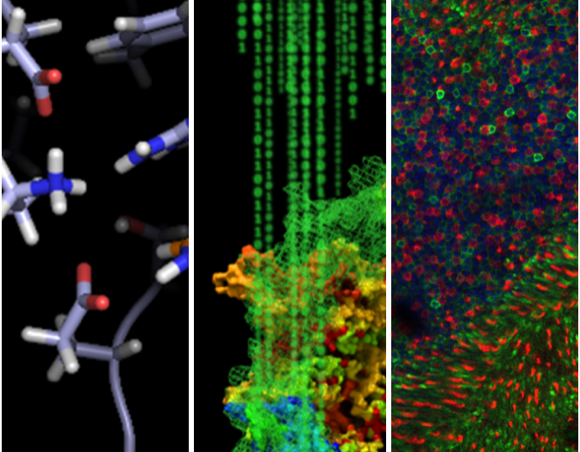
Thanks to American Society of Gene & Cell Therapy for the video content. For more educational videos on gene therapy, visit their education page.
Grousbeck Gene Therapy Center
Building Genetic Medicine
To learn more about genetic medicine and whether it may be the right treatment for you, get in touch with us at vandenberghe.lab@gmail.com
Learn more about our research